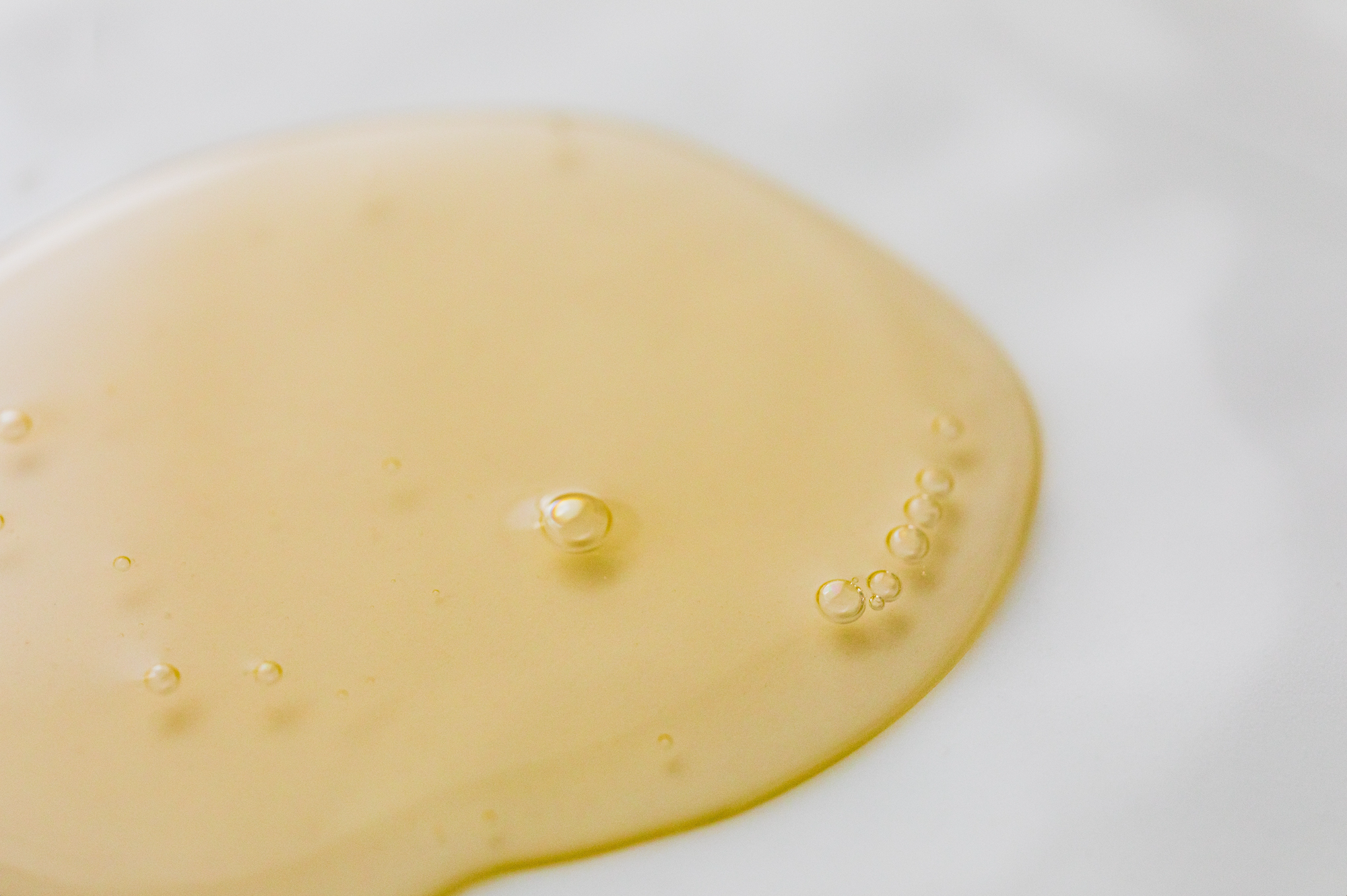Do apply a mask to boost your skin care routine without changing it.
If you are familiar with the steps of a Gritty Beauty Routine, you may be wondering why you would need a mask and where it would fit in. Masks are a type of skincare product that quickly expose the skin to active ingredients, and then is washed off after 10-15 minutes. Often times masks contain ingredients that would not work well in a leave on products like sticky humectants, clays, enzymes, calming herbs, and high concentration of vitamins and acids. Masks that offer gentle exfoliation or hydration help to increase your routine’s benefits. It’s common for women who are managing their acne to receive regular peels to deeply exfoliate their skin to prevent pimples from forming. In the same way you can use masks to achieve similar results, but in a much gentler way. Typically, you will apply masks after cleansing and before applying mists, serums, etc. (In some instances you can apply a mask on uncleansed morning skin, like Sulfur Mask--see below.)
Don’t rely on masks to pull the weight for clear healthy skin.
Masks are neither pointless or crucial--yes, the good ones will play a role in overall skin health, but they aren’t the stars! If you rely on masking, you should take a better look at your skin care routine. If you can imagine, achieving healthy skin is like arriving at a lookout point and seeing the beautiful view. The closer you get to the edge, the more you can see (it's your skin's sweet spot), but if you keep walking, you will fall off the cliff. Just like with anything, there is too much of a good thing in skincare. Skincare is skincare, so if your skin isn't happy, your routine is not meeting the basic needs of your skin.
Do familiarize yourself with mask ingredients
Look past the sparkly packaging, and look at the ingredients list on the back. Sheet masks are very trendy right now, and their marketing is hard to ignore. It’s important to discover how a mask will help your skin (or hurt your skin) so that you can use it the right way. Typically sheet masks are loaded with humectants (some are good), highly acidic vitamins C (depends on the quality), and irritating fragrance and strong preservatives (bad). Other types of masks may contain comedogenic and acneagenic ingredients, (see list here) which is why you need to ask yourself, “What is this mask going to accomplish for my skin?”
Don’t let clay masks dry out on your face.
If you have acne you KNOW you love a good clay mask. As it dries, it sucks all your pores clean... Truthfully, clay masks may give the sensation of clearer skin because they do help with oil control, but that can also pull the precious water from your skin as well. If you use a clay mask, do not let it dry on your skin, because once it's dehydrated the removal of the mask may damage your skin. Instead keep it moist with a spray bottle or this mist to keep it hydrated for the 10-15 minute treatment time. Some clays have healing and calming properties when used this way. See which one I like below.
Don’t apply masks to weeping acne.
A mask does not cover a myriad of sins! If you throw a mask on your face after a picking session, you are causing more harm than good. Masks are not to be used on open lesions as they will increase the inflammation further. Apply the mask instead of picking--your breakouts will heal so much faster!
Do incorporate these masks into your Gritty Beauty Routine.
Papaya Radiance Peel is a wonderful alternative to a chemical peel. Despite ‘peel’ being in its name, it the gentler form of chemical exfoliation. It only digests dead skin cells, so after one application skin feels so soft and has a better chance of becoming clear. Gentle enough for all skin and acne types. Use 4-8 times a month.
Sulfur Mask is an enzyme and clay mask in one. If you experience oily skin and clogged pores, this mask will help purify your skin. If you have reactive skin, I recommend you apply it to uncleansed morning skin and to keep it damp up until you rinse it off. As you rinse, do not scrub it into your skin--followup with a gentle cleansing. Use up to 4 times a month.
Hydrating Mask helps to boost the water content in your skin. If you are hooked on oils, this is a great gateway product into the world of oil-free. It’s a must if you live in dryer climates, travel by air, or tend to have drier skin naturally. Use 4-8 times a month.
Peptide Sheet Mask is Hydrating Mask's older sister, but in a sheet mask form. It contains sugar molecules which are hydrating, calming, and skin plumping as well as peptides which lift, smooth, and tighten the skin. This mask continues to improve the skin up to a week after applying it. Use up to 4 times a month.


